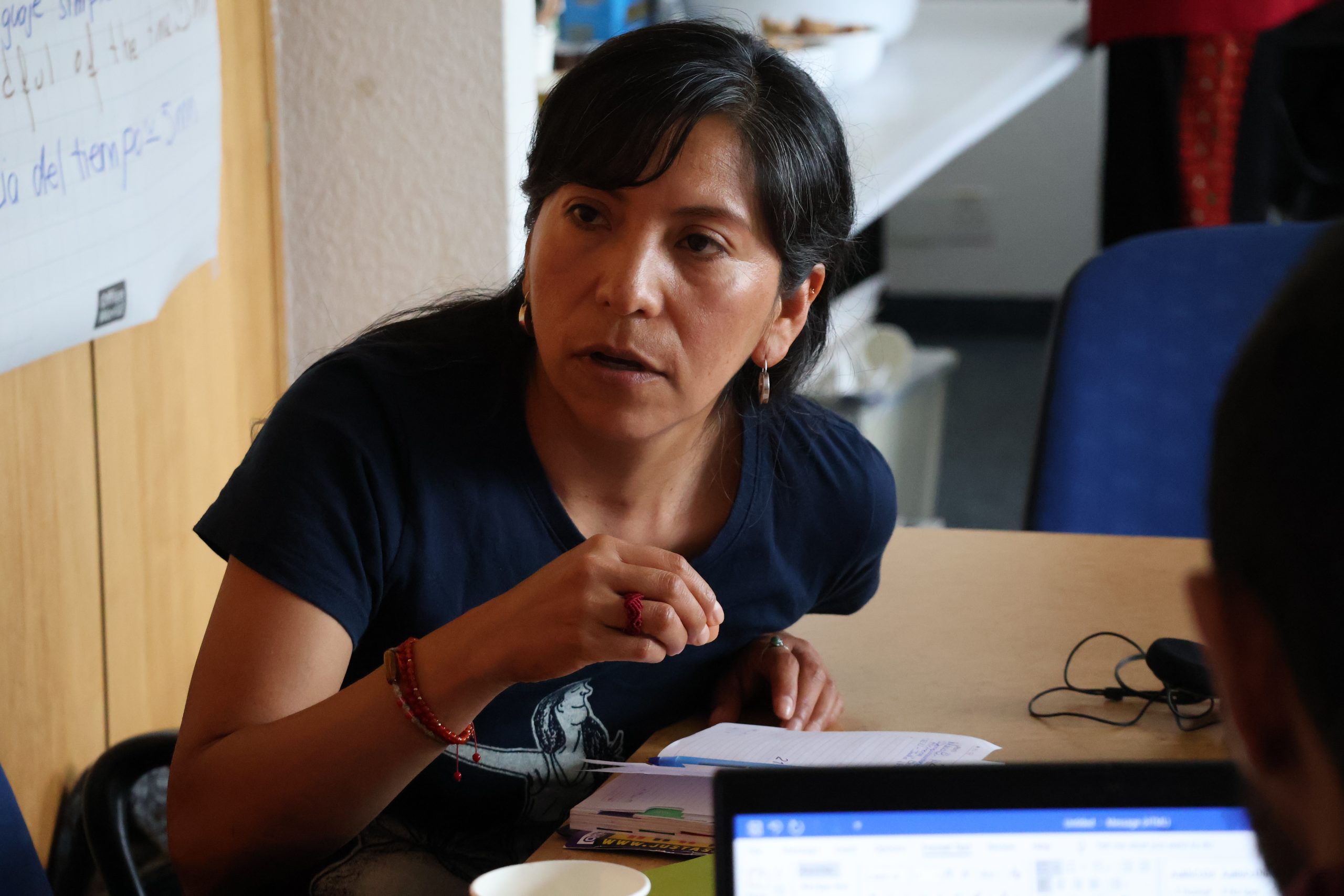
Egypt: Reform unjust vice laws, guarantee open civic space
During Egypt's UPR adoption at HRC59, Nora Noralla delivered a joint statement on behalf of ISHR, Cairo 52 and Middle East Democracy Center. Watch and read the full statement below.
© Photo: Daniel Gómez

On 16 March 2022, ILEX Accion Juridica and ISHR made a joint statement during the Human Rights Council 49th session, calling upon the Colombian government to to guarantee the Afro-Colombian population’s right to be statistically visible in official information sources.
On 16 March 2022, ILEX Accion Juridica and ISHR made a joint statement during the Human Rights Council 49th session, calling upon the Colombian government to to guarantee the Afro-Colombian population’s right to be statistically visible in official information sources
In her report, the High Commissioner recommends using data to drive and assess responses to systemic racism.
Statistical invisibility is a manifestation of the racial discrimination faced by the Afro-descendant population in Colombia and Latin America. The absence of reliable and accurate statistical data and administrative records prevents the specific recognition of the needs of the Afro-Colombian population, which in turn translates into the impossibility of establishing targeted and effective actions to guarantee their human rights. In 2018, the Colombian state carried out the national population census, which failed to count a significant number of black people in Colombia, denying them their right to self-recognition and to be taken into account as subjects of human rights.
This absence of reliable and disaggregated data on the Afro-descendant population undermines their legal recognition and prevents them from participating effectively in their relations with public institutions. The absence of adequate statistical and administrative data impacts on other areas of human rights concern, such as racially motivated police violence. Police, prosecutorial and judicial institutions do not disaggregate information on incidents of police violence in racial-ethnic terms, which prevents them from knowing the real extent of this rights problem and from taking action to remedy it. Likewise, the absence of statistical data disaggregated according to ethno-racial identity hindered attention to the Afro-descendant population in the context of the COVID-19 pandemic. If the population is not adequately visible, neither can it be adequately attended to by the state in the context of the pandemic.
Watch the statement here:

During Egypt's UPR adoption at HRC59, Nora Noralla delivered a joint statement on behalf of ISHR, Cairo 52 and Middle East Democracy Center. Watch and read the full statement below.

At the Human Rights Council, Belgium delivered a statement on behalf of over 60 States that 'pays tribute to the numerous achievements and meaningful progress made by women and girls human rights defenders, and emphasises the continued need for their voices to be heard and supported'.

The 59th session of the UN Human Rights Council (16 June to 9 July 2025) will consider issues including civil society space, climate change, sexual orientation and gender identity, violence and discrimination against women and girls, poverty, peaceful assembly and association, and freedom of expression, among others. It will also present an opportunity to address grave human rights situations including in Afghanistan, Belarus, China, Eritrea, Israel and oPt, Sudan, Syria and Venezuela, among many others. Here’s an overview of some of the key issues on the agenda.